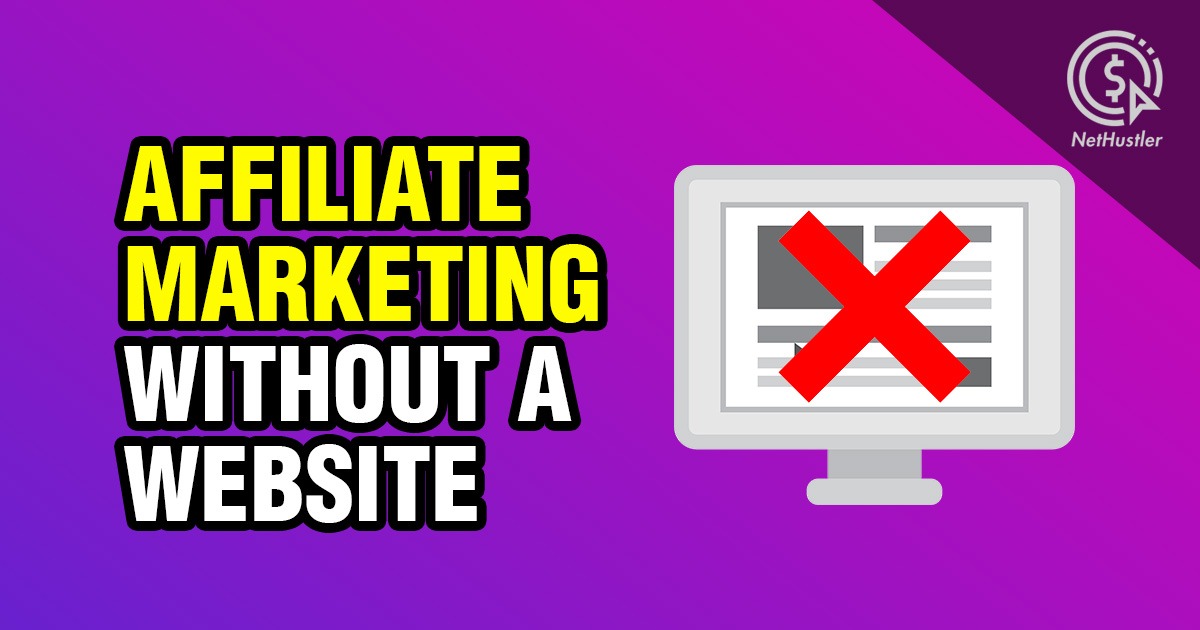Are you looking to delve into the world of affiliate marketing without the need for a website? In this ultimate guide, we will explore the ins and outs of succeeding in affiliate marketing without the traditional online platform. From the benefits and content strategies to tracking methods and legal considerations, we’ve got you covered. Whether you’re a seasoned affiliate marketer or just starting out, this comprehensive guide will equip you with the knowledge and tools needed to excel in affiliate marketing without a website. Let’s uncover the secrets together to maximize your earning potential in the digital space.

Embracing Affiliate Marketing Beyond Websites
Affiliate marketing, a performance-based strategy, enables you to earn commissions by endorsing products or services. While websites were conventional, the landscape has evolved. With the ascent of social media and various online platforms, conducting affiliate marketing without a website is feasible. This paradigm shift offers individuals and businesses novel avenues to garner passive income and endorse products of value.

Benefits of Affiliate Marketing Without a Website
Lower Barrier to Entry
Affiliate Marketing Without a Website eliminates the need for costly website development and upkeep. This streamlined approach saves valuable time and resources, enabling you to focus more on promoting products and maximizing your earnings efficiently.
Increased Reach
By harnessing the power of social media and various online platforms, you can tap into a vast audience pool. This expanded reach provides access to diverse demographics, enhancing your chances of connecting with a broader customer base and driving more conversions.
Flexibility
With Affiliate Marketing Without a Website, you have the freedom to work remotely and promote products anytime, anywhere, as long as you have an internet connection. This flexibility allows for seamless integration into your lifestyle, making it a convenient income-generating option.

Choosing the Right Platform for Affiliate Marketing
When embarking on affiliate marketing without a website, selecting the ideal platform is crucial. Social media platforms such as Instagram, TikTok, and Facebook present vast opportunities with expansive user bases and in-built tools for seamlessly sharing affiliate links. Leveraging email marketing allows for the cultivation of an email list, enabling the promotion of affiliate products through strategically crafted newsletters and targeted email campaigns.
Influencer marketing emerges as a powerful avenue for affiliate marketing without a website. Collaborating with influencers within your niche provides a direct channel to showcase products to their dedicated followers, leveraging their credibility and influence to drive conversions. By tapping into the vast potential of influencer partnerships, you can amplify your affiliate marketing reach and impact significantly.
Strategic content creation plays a pivotal role in affiliate marketing success sans a website. Platforms like YouTube, Medium, or Substack offer fertile ground for developing compelling, engaging content that seamlessly integrates affiliate links. Crafting valuable content that resonates with your audience while strategically incorporating affiliate links can foster trust, engagement, and drive conversions effectively.

Navigating Legal Waters in Affiliate Marketing Without a Website
When engaging in Affiliate Marketing Without a Website, transparency is key. Disclose your affiliate relationships prominently, maintaining honesty with your audience. Adhering to FTC guidelines is crucial. By following the Federal Trade Commission’s rules, you ensure fair practices and avoid misleading your audience. Moreover, respecting intellectual property rights is fundamental. Always obtain proper permissions for content usage to avoid copyright infringements and legal issues.
